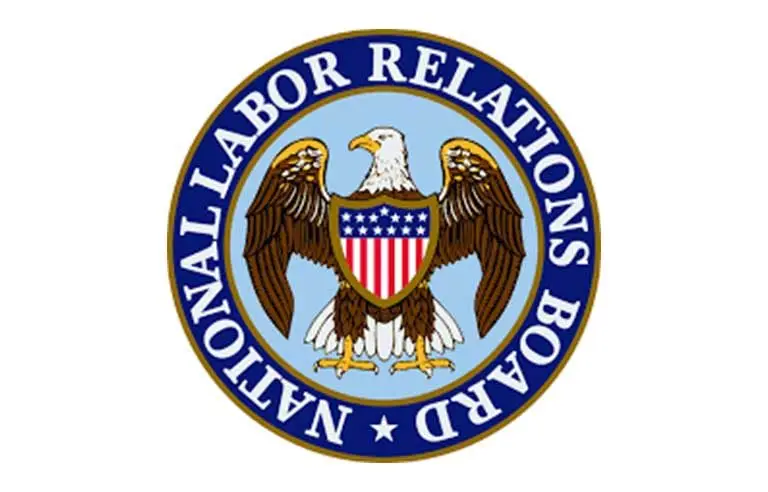
Washington — The National Labor Relations Board has withdrawn its appeal of a federal court decision that blocked the board’s joint employer rule.
“The board remains of the opinion that its 2023 rule meets the procedural and substantive requirements of the Administrative Procedure Act (of 1946) and the National Labor Relations Act (of 1935),” a July 19 filing states. “Given the litigation posture of the rule, however, the board would like the opportunity to further consider the issues identified in the district court’s opinion in the first instance.
“In addition to the district court opinion, the board has several rulemaking petitions on its docket regarding the joint employer issue raising similar issues.”
The joint employer rule from 2020 will remain in effect. That rule defines the following attributes of a joint employer as: “(1) ‘actually’ exercise control, (2) that such control be ‘direct and immediate,’ and (3) that such control not be ‘limited and routine.’”
This past October, NLRB sought to overturn that 2020 rule and return to a previous definition of a joint employer: when two or more entities “share or codetermine” one or more of an employee’s essential terms and conditions of employment. Those “essential terms and conditions” include responsibility for worker safety and health. Others:
- Wages, benefits and other compensation
- Hours of work and scheduling
- Assignment of duties to be performed
- Supervision of the performance of duties
- Work rules and directions governing the manner, means and methods of the performance of duties and the grounds for discipline
- Tenure of employment, including hiring and discharge
In a March 8 ruling, Judge J. Campbell Barker from the U.S. District Court for the Eastern District of Texas stated the NLRB rule “would treat virtually every entity that contracts for labor as a joint employer because virtually every contract for third-party labor has terms that impact, at least indirectly, at least one of the specified ‘essential terms and conditions of employment.’”
In May, NLRB filed an appeal of that decision and sought to have a venue change to the U.S. Court of Appeals.
“This is a major legal victory and an important acknowledgment by the NLRB,” the U.S. Chamber of Commerce, which filed the lawsuit against the rule, says in a July 19 press release. “The agency’s joint employer rule overstepped its constitutional and statutory authority with this unlawful rule.”
McCraren Compliance offers many opportunities in safety training to help circumvent accidents. Please take a moment to visit our calendar of classes to see what we can do to help your safety measures from training to consulting.
Original article published by Safety+Health an NSC publication


